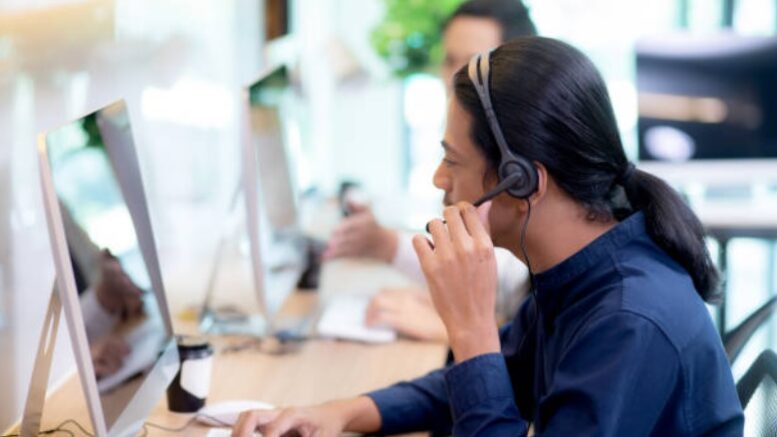Complying with the Health Insurance Portability and Accountability Act of 1996 (HIPAA) is an important aspect of medical answering services. Every medical telephone answering service should meet strict security and privacy requirements. The Act states that healthcare providers, suppliers, and service providers are ethically and legally bound to protect patient information. These regulations outline how phone answering services should protect PHI and ePHI while enabling the flow of information to provide quality medical services.
Impact Of HIPAA On Medical Telephone Answering Service
HIPAA regulations ensure the implementation of additional security and compliance methods for organizations handling sensitive health data, and this implementation has presented significant legal and technical challenges within the industry, including the medical answering services, which has fundamentally impacted how a patient’s information can be stored and transmitted. PHI security is said to be the most expensive set of requirements within the HIPAA Privacy and Security Rules, which are important regulations that apply to every medical telephone answering service that stores and transmits PHI.
What Does HIPAA Mean For Medical Telephone Answering Services?
Protected Communications
Business associates trusted with patient information should have a secure computer system and network for accessing and transmitting sensitive data. They should also ensure that access to any device or computer that handles PHI must be limited to only authorized and trained staff members. These authorized members should also be required to pass two-factor authentication before gaining access to PHI. Text messages, voice messages, phone calls, and emails that contain PHI should be sent and received using password and encryption protection.
Security For Recorded And Stored Information
The PHI should be secure even when it is at rest. And hence the recorded calls and sensitive data stored in the physical servers, databases, or cloud storage should have cybersecurity protections in place. Also, to restrict access to areas where sensitive data is accessed and stored, physical protections should be used.

Use Of HIPAA-Compliant Devices
A prime example of HIPAA violation is exchanging regular SMS messages from your mobile phone to a patient or including PHI. So all medical answering services should use electronic devices and communication platforms that are encrypted and password-protected when handling such data. The doctors and medical staff of the concerned facility should also have these security measures in place when communicating with patients.
Continual Monitoring For HIPAA Compliance
Since compliance is an ongoing process, doctor answering service providers should continuously monitor call center practices and updated policies in order to ensure that security and privacy measures are effective and up-to-date. The agency can appoint a HIPAA compliance officer who can provide dedicated oversight to this area.
Training For Call Agents In HIPAA Compliance
All the staff members and call agents working for medical answering services should be fully trained in following the security policies and procedures related to HIPAA compliance. This may include cybersecurity awareness training and learning the proper reporting protocols and contingency plans in case of a data breach.
Why Is HIPAA Compliance Important?
HIPAA allows patients to designate who can access their medical records and obtain copies of them. The Act also imposes civil and criminal penalties on any organization or individual violating its policies. Medical answering services that are HIPAA compliant provide customer support while ensuring that the patient’s private information is protected. The call agents can handle the conversations with sensitivity and privacy.
HIPAA compliance results in reduced healthcare fraud, empowering employees to transfer and continue health insurance under a variety of situations, protecting the confidentiality of patients and their protected health information and mandating industry-wide standards for healthcare data on electronic billing and other forms. It can be said to be the patients’ driving force of trust in the medical care industry. The two major benefits of hiring a HIPAA-compliant answering service are that your medical facility will be protected legally, and the patient information will be kept confidential.What If The Service Provider Is Not HIPAA-Compliant?
HIPAA violations and data breaches could be detrimental to the business associates and damage the reputation of the healthcare organizations as well as the professional standing of the medical practitioner. Events like unauthorized access to servers, an unencrypted email, a successful phishing attack on an untrained call center employee, or a vulnerability in the computer system could mean a disaster for the medical answering services. Any kind of breach is a punishable offense that could result in legal action and hefty fines. Hence the regulations laid out by the HIPAA support the implementation of industry best practices for protecting patient information and confidentiality.
Wrapping Up
So when you look for a medical answering service, make sure that they meet the HIPAA compliance standards, as the strength of your medical facility depends on it. Check out if they focus on HIPAA compliance and make it their top priority.
